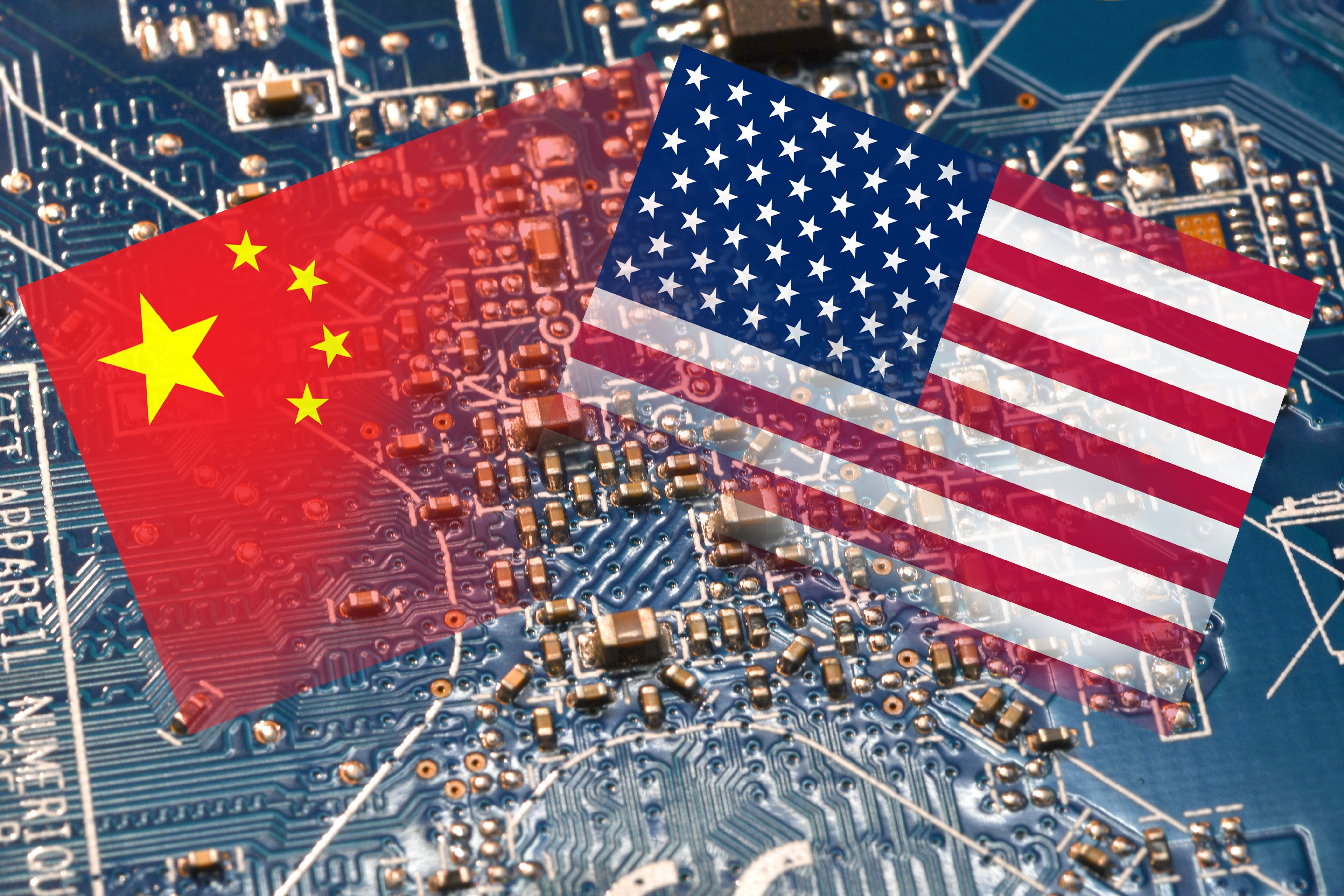
Posted June 30, 2023
By Ray Blanco
Escalating The China Chip War
The ongoing embargo against China over semiconductors escalated once again this week.
With powerful new processors designed specifically for AI applications currently being produced by Nvidia, with a similar product from Advanced Micro Devices soon to be available, the Biden administration is considering yet another wave of restrictions on exports to China.
Tensions between the United States and China seemed to ease somewhat following a reportedly successful visit from Secretary of State Antony Blinken earlier this month. However a new wave of restrictions in what one Chinese foreign minister has called a “technology blockade” is sure to reignite ill-will.
It’s difficult to say when these proposed restrictions would be implemented. It would most likely be after Treasury Secretary Janet Yellen’s planned visit to Beijing in July.
In addition to limiting exports of AI chips, the Biden administration reportedly also plans to restrict the leasing of cloud services to Chinese AI companies. Closing a potential loophole for export bans.
A spokesman for the Chinese Embassy in Washington DC, Liu Pengyu said of what he believes to be an abuse of the export control process…
“We urge the U.S. to correct its wrong practices in a timely manner [and] stop disrupting trade in chips and other high-tech products”
These moves clearly indicate that regulators in Washington have identified the powerful potential of AI as a major threat and are prioritizing playing defense as they figure out their own regulation here at home.
Little progress has been made on developing regulatory bodies for domestic artificial intelligence guidelines and limitations. Despite cooperation from industry leaders like OpenAI’s CEO Sam Altman.
Hurting At Home
This wave of potential restrictions have taken on an additional level of implications as the semiconductor industry is establishing itself as the market’s number one cash cow.
The amount of money being made on the hardware powering artificial intelligence applications has been staggering.
Nvidia added an incredible $219 billion to its market cap following an earnings report touting the demand for its H100 and A100 processors.
But Nvidia has voiced concern over the implications of imposing bans on exporting their products to China, the world’s second largest economy.
On a recent webinar, Nvidia’s chief financial officer Colette Kress said…
“Over the long term, restrictions prohibiting the sale of our [AI chips] to China will result in a permanent loss of opportunities for the U.S. industry to compete and lead in one of the world’s largest markets, and the impact on our future business and financial results is there”
Nvidia saw a 2% drop in their stock price on Wednesday following the initial report of the possible restrictions. The (previously) red hot semiconductors sector saw a 1% drop across the board.
Almost a quarter of Nvidia’s revenue has come from China, historically. While the company claims to have demand far exceeding their maximum production capacity, the long term effects of losing such a large market could be extremely damaging.
In addition to the state-side damage of economic limitations, the ongoing Chip War has also made American semi companies a target of Chinese counter-regulation.
Micron Technology was deemed a “security threat” by the Chinese government and key infrastructure projects were banned from using their products.
It was a clear response to America’s “blockade” and has caused concerns among any American chip producers who rely on revenue made within the Chinese market.
The Biden administration has to weigh the concerns of economic damage against domestic industry, and limiting China’s potential development of generative-AI systems that could boost their military, espionage, and hacking capabilities.
With that, we’d like to hear your thoughts. Is it worth it to hurt American companies to try to limit China’s AI development? Is it even effective to create these restrictions? Are you worried about China pulling ahead on AI? Let us know about this, or anything at feedback@technologyprofits.com.

